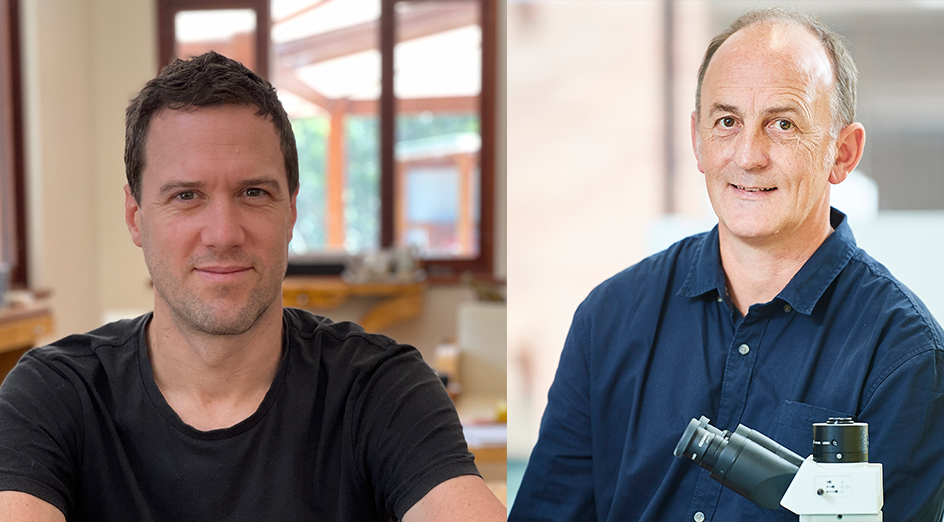Innovative research projects led by The University of Western Australia are set to make significant strides, thanks to $4 million in funding from the National Health and Medical Research Council Ideas Grants scheme.
The scheme support researchers at all careers stages and across all areas of research to address specific research questions.
Among the 223 researchers and their teams funded nationally, five grants were awarded to UWA scientists to tackle critical health and medical questions.
Associate Professor of Cancer Epigenetics at UWA and Laboratory Head in Cancer Epigenetics at The Harry Perkins Institute of Medical Research Pilar Blancafort was awarded $2.5 million to characterise a new subset of aggressive ovarian cancers, uncover new molecular players involved in the expansion of therapy-resistant cells, and develop targeted therapies for ovarian, breast and lung cancer.
Dr Luke Garratt, Research Fellow at the Kids Research Institute Australia and Adjunct Research Fellow at the UWA Medical School and UWA Centre for Child Health Research, received $1,236,000 to study antifungal-resistant pathogens, with Associate Professor Heng Chooi from the UWA School of Molecular Sciences.
Their research focuses on fungi that cause serious infections in people with weakened immune systems, like cystic fibrosis patients.
By understanding how these invade the body, they hope to develop more effective treatments for these challenging infections.
Dr Kai Chen, an ARC Early Career Fellow from UWA's School of Biomedical Sciences, has been awarded $466,000 to advance RNA therapy for arthritis.
RNA treatments are a new class of medications that use ribonucleic acid to target and reduce inflammation, potentially offering a new and effective approach to managing the chronic condition.
Dr Ruth Thornton, co-lead of the Bacterial Respiratory Infectious Disease Group at The Kids Research Institute Australia and Senior Research Fellow at The Centre for Child Health Research at UWA, was awarded nearly $1.4 million for a project that aims to develop innovative treatments for chronic ear infections and prevent children needing repeat grommet surgeries.
Dr Stuart Hodgetts, who holds a joint appointment at UWA and the Perron Institute, will use $1,006,328 for research on red and near infrared photobiomodulation therapy for spinal cord repair using implanted devices.

Image: Grants recipients Professor Ryan Lister and Dr Stuart Hodgetts.
His research will seek to enhance repair and improve recovery outcomes following spinal cord injury.
In addition, $16 million has been invested through the National Health and Medical Research Council Development Grants scheme which supports the commercialisation of innovative research, resulting in improved health and medical knowledge.
Pioneering epigenomics researcher Professor Ryan Lister will use a $996,643 grant for developing a safe and universal pluripotent stem cell technology for cell therapy manufacturing – stem cells that can transform into any type of cell in the body.
A Senior Medical Research Fellow and head of the Epigenetics and Genomics Laboratory at the Harry Perkins Institute of Medical Research and UWA, Professor Lister's research has significantly advanced our understanding of genome regulation, stem cell biology and brain development.
The next generation of health and medical graduates received a $10 million boost through the National Health and Medical Research Council Postgraduate Scholarship scheme, funding that supports emerging researchers and clinicians in their advanced studies and innovative projects.
Dr Angus Jeffrey from the UWA Medical School will use a $144,000 scholarship to explore risk stratification in portal hypertension, a condition that affects blood flow in the liver and can lead to serious complications.
His work aims to develop better methods for identifying and managing patients at high risk, ultimately improving outcomes for those suffering from the condition.
Caption for picture at the top of page (from left to right): Dr Angus Jeffrey, Dr Kai Chen, Dr Ruth Thornton, Dr Luke Garratt and Associate Professor Heng Chooi.






